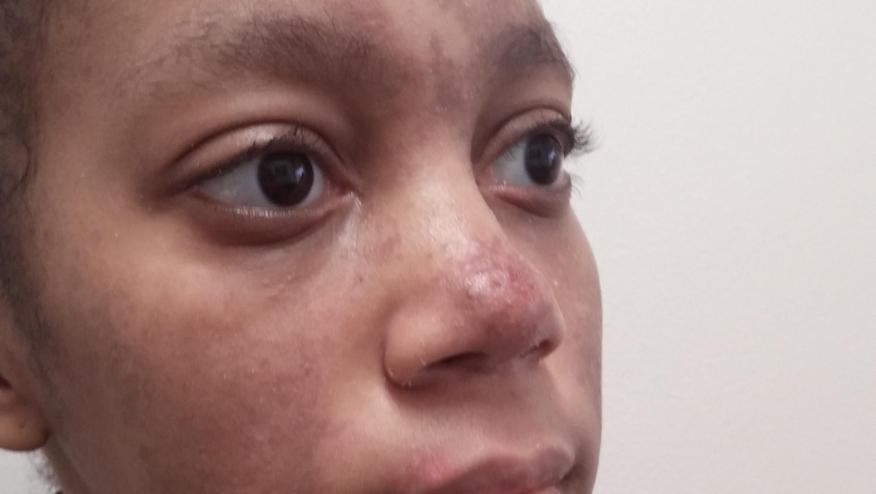ACR Addresses Racial Disparities in Lupus Trials Save

The American College of Rheumatology (ACR) is launching two new initiatives to reduce racial disparities in lupus clinical trials: Training to Increase Minority Enrollment in Lupus Clinical Trials with CommunitY Engagement (TIMELY) and new Continuing Medical Education (CME) targeted towards dermatologists and nephrologists.
“Systemic lupus erythematosus, commonly known as lupus, is more common in African American and Hispanic populations. Additionally, these patients manifest more severe symptoms, accrue greater disease related organ damage, and have a higher mortality rate than other racial and ethnic populations,” said Starla H. Blanks, Senior Director of Collaborative Initiatives for the American College of Rheumatology. “However, African American and Hispanic patients are greatly under-represented in lupus clinical trials. The ACR is aiming to change that.”
TIMELY is a two-year, $500,000 grant funded through the U.S. Department of Health and Human Services Office of Minority Health (OMH) that will run through September 2023. The program combines the ACR’s Materials to Increase Minority Involvement in Clinical Trials (MIMICT) model and its Community Health Worker Lupus Clinical Trials Training (LuCTT) model to operate collaboratively with practicing rheumatologists, nephrologists, and dermatologists, and community health workers serving African American and Hispanic patients. The combined intervention will address both provider- and patient-reported barriers to lupus clinical trial participation.
“Lupus patients routinely receive care from multiple specialty care teams, but those teams may face barriers to making clinical trial referrals,” said Blanks. “TIMELY trained providers and community health workers will receive education on addressing both patients and provider reported barriers to clinical trial enrollment and will gain an increased awareness of the mutually beneficial ways health professionals can collectively impact clinical trial literacy, diversity, and enrollment.”
The program will be launched in Raleigh-Durham, NC and Rochester, NY, under the leadership of Dr. Saira Sheikh at the University of North Carolina at Chapel Hill and Dr. Allen Anandarajah at the University of Rochester Medical Center. Dr. Sheikh and Dr. Anandarajah have a track record of success, also leading the ACR’s MIMICT project that was funded by OMH. The ACR aspires to develop an effective model to expand this program to centers throughout the country.
“We define success as a dynamic state influenced by how well we design and deliver information that matches patients’ abilities, needs and preferences”, said Dr. Saira Sheikh.
“We anticipate that a successful program will help develop a patient-centered approach in lupus clinical trials and bring it to line with aspirations for everyday patient care,” added Dr. Anandarajah.
In addition to TIMELY, new CME content is being developed that is tailored to dermatologists and nephrologists, who are key partners in the care of lupus patients
“While these providers are not rheumatologists, they may see patients who are exhibiting rheumatic disease symptoms,” said Blanks. “This education will arm them with information they need for diagnosis and treatment.”
The ACR is planning to launch the new CME content in spring 2022. For more information about the ACR’s work on lupus awareness and educational programs, visit the Lupus Initiative's website.









If you are a health practitioner, you may Login/Register to comment.
Due to the nature of these comment forums, only health practitioners are allowed to comment at this time.